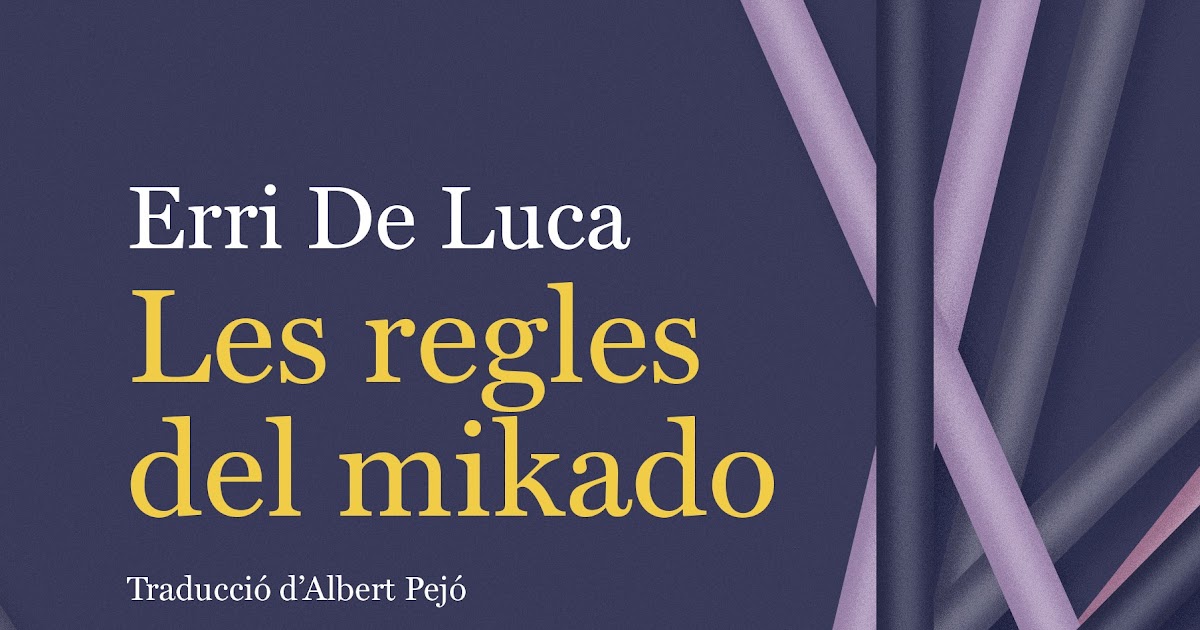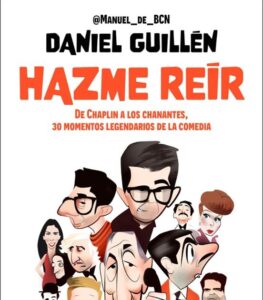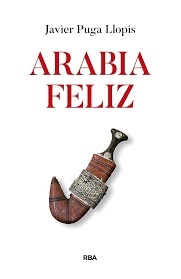
Original language: Italian
Original title: The rules of Shanghai
Translation: Albert Pejó in Catalan for Bromera, Carlos Gumpert Melgosa in Spanish for Seix Barral
Year of publication: 2023
Valuation: Alright
When an author’s literary career is long in time and extensive in catalogue, considerable qualitative ups and downs can occur depending on the author’s inspiration at different stages, whether due to vital causes or simply artistic ones. When, in addition, we are talking about Erri De Luca, one of the most prolific writers that one can remember (with more than seventy titles published), then the variety in results is something that one expects, since it is difficult to maintain the level in each and every one of his works.
In this book (his last work published to date), the Neapolitan author steps on solid ground, returning to ideas or themes already covered in other of his books: personal relationships, intergenerational difference, migration, clandestinity or the natural environment. Faithful to his combative and denunciatory ideas, the author knows how to use his talent to transmit ideas and reflections about the present of our time and his concerns towards a future that is moving in a very different direction than the desired one.
Focusing on the book at hand, from the outset the author openly confesses when he talks to us about how he usually approaches his books; Thus, he tells us that he prefers to introduce his characters right away, because “he doesn’t like having to discover who the characters are after a few pages, as if the book had started earlier and I had arrived late and had missed the background.” In this way, faithful to this premise, he immediately tells us about who will be his main characters: “he is an old and lonely man camped in the mountains (…), she is a young gypsy who has fled the Camp and the family” . This is how the story begins, with the chance meeting of these two characters in the tent where he is camped, in a border area between Italy and Slovenia, an area located in an “illegal” crossing in which the protagonist meets the young woman who arrives fleeing her family and her land. This meeting helps the author to talk about migration, exile and borders, life and death, hopes and realities, love and relationships, illusions and disappointments, maturity and innocence as well as also of intergenerational differences despite the fact that he tries to reduce this distance by indicating that “I am your contemporary, we live in the same moment.” Generations, for me, do not exist. As long as we are alive we are contemporaries. Likewise, this meeting helps him talk about his past: him fixing watches and telling us about a past relationship with a woman he met on several occasions and who influenced his life, as well as his life with his Russian mother. who “taught Russian to members of the communist party. Then the service reported on the reliability of the militants” and she talked about her family, her culture and customs. A relationship based on trust and company will be established between the two of them.
With this relationship between both characters, Erri de Luca returns to the themes already known in his previous works and continues with his slow-paced writing and poetic style, although in this case it seems that he has left behind his great talent in telling moving stories a little. since the book goes from more to less so that at first the story attracts the reader’s interest, but when it tries to surprise the plot by changing the focus it feels somewhat forced and loses appeal.
In any case, with De Luca one always finds interesting moments resulting from the rich prose he uses to send us reflections on life, society and the clash between countries or cultures, clearly stating that “war annihilates, devours, and a once it has been started it does not need any reason. Unfortunately, reality proves him right.
Source: https://unlibroaldia.blogspot.com/2024/11/erri-de-luca-las-reglas-del-mikado.html


